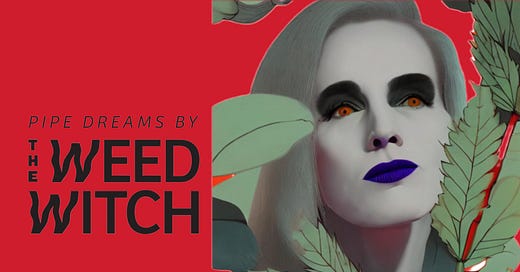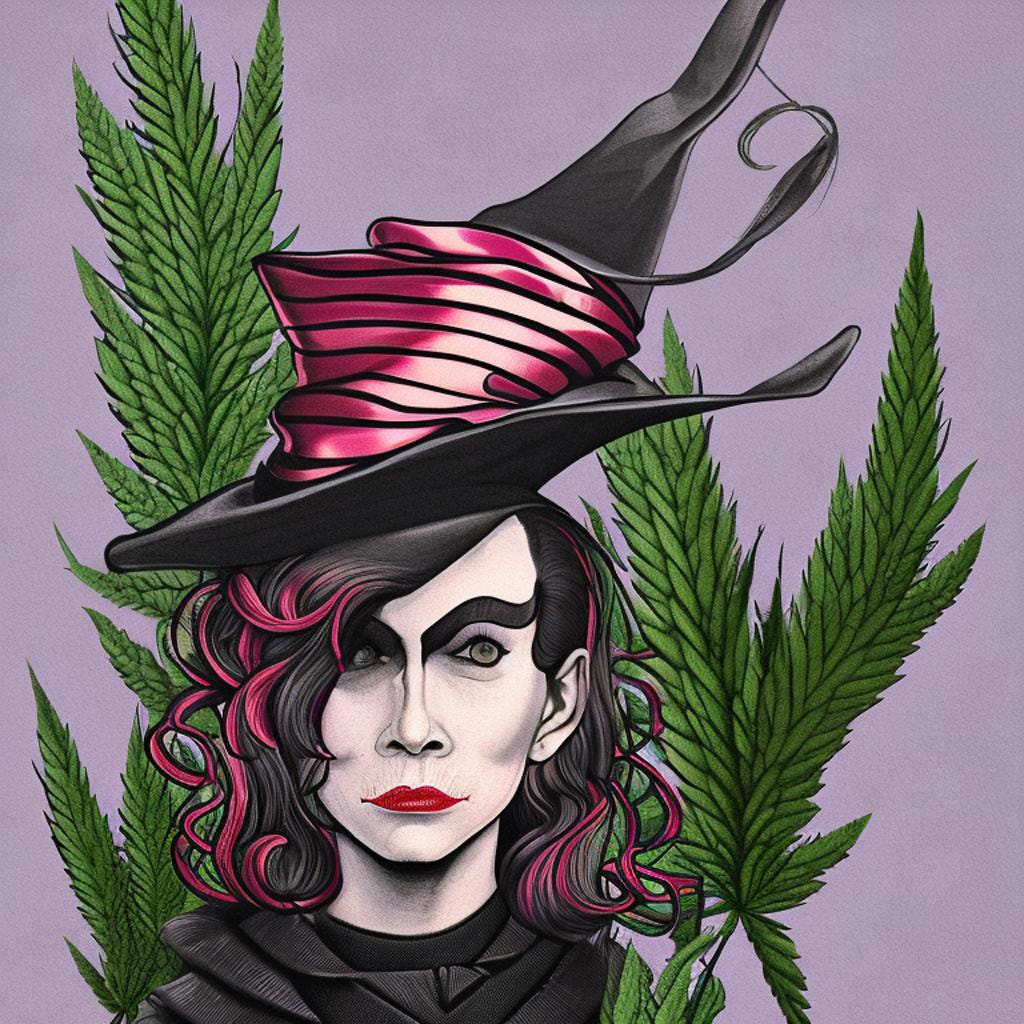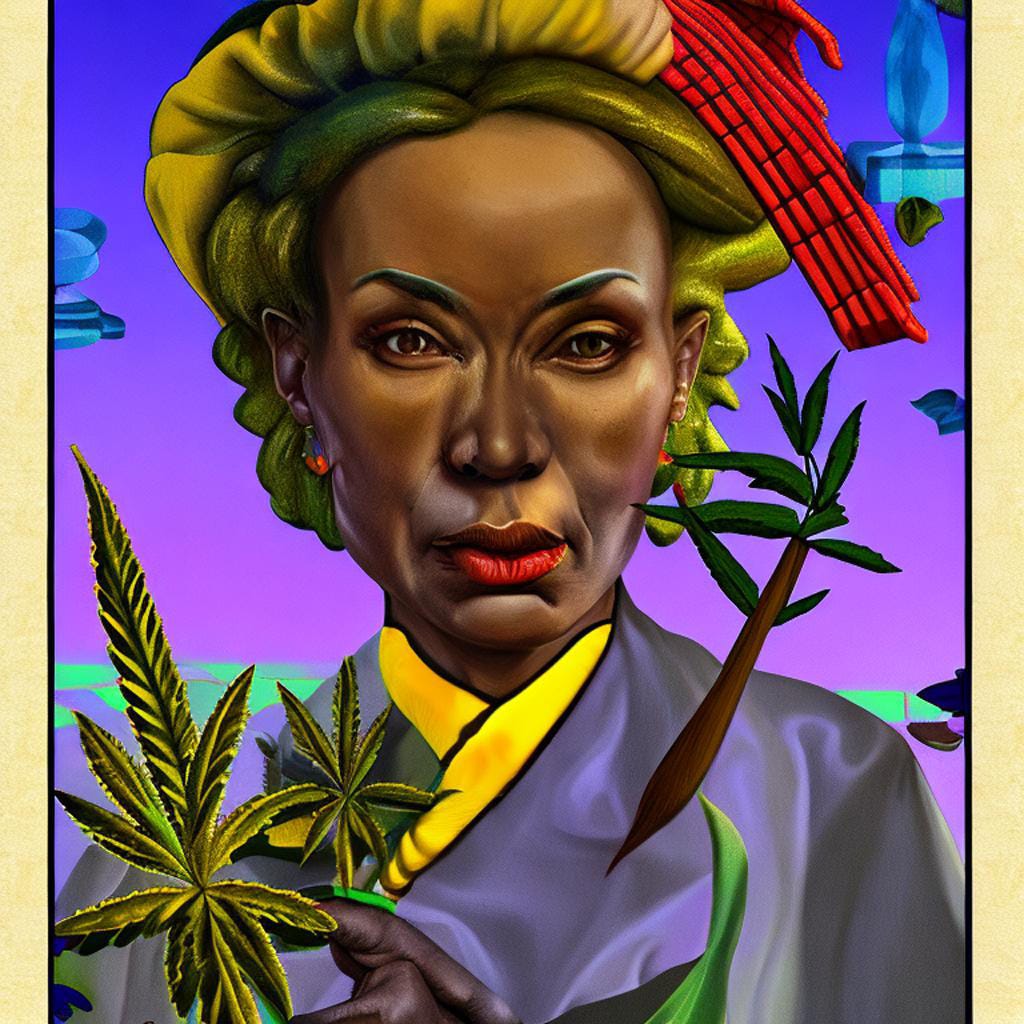I Used Chat GPT To Write an Essay About Weed Witches and This is What it Produced
Hold my lighter, Siri
As a writer, it was only a matter of time before I’d have to respond to the discussion surrounding Chat GPT, a nascent artificial intelligence-based predictive text and image tool causing quite a bit of controversy. For the unfamiliar, the app essentially will take a prompt and generate an essay, song lyrics, intros to newsletters, and other means of formal communication that can be tweaked endlessly through a conversation with the bot.
Beyond growing concerns of plagiarism (including a newly formed Substack called The Rationalist) and still-to-be-determined ethical considerations behind this new technology, several folks have reached out to ask me how I feel about the prospects of being replaced by a free virtual scribe.
Putting aside the dystopian implications of advanced machine learning for a minute, I don’t necessarily feel threatened by the advancement of AI creative tools. Like anything, these resources can be used and abused. But I would be lying if I didn’t admit that I’m occasionally annoyed and creeped out.
Creatively speaking, I don’t see the emergence of automated software replacing the need for graphic designers, illustrators, photographers or writers. The quality coming from human hands, such as designer Abbie Weissman, who created the brand logo for The Weed Witch, as well as photographers Amelia Golden and Brad Danner who took my headshots, is incomparable to the AI-spiked DIY version (I highly recommend working with all of these people, by the way). I would hope you could spot the difference between a computer and me, and think I’m worth it, too.
So far, many have started putting the software to work by generating replica lyrics in the style of artists like The Decemberists and Nick Cave (he wasn’t a fan). Erika Kramer used the app to write the intro to her newsletter The 33 Project. Emily Nunn writes about the app in relation to colorful robotic salads in her latest Department of Salads newsletter, while Jason Wilson questions how much different Chat GPT travel guides are from regular service journalism pieces on Everyday Drinking.
Some are taking a darker route, such as writer Steve Kirsch who tried unsuccessfully to Red Pill the software to write an anti-vax essay (I don’t know why you would, but good to know, I guess?). Psychopolitica discusses the problem with AI censorship (the PicsArt AI image generator won’t accept the word “weed” or any deviation of that—though, it will accept the word “hemp”). And surely there are many more conversations to be had.
Obviously, I was curious about what ChatGPT would whip up for an essay on weed witches and the AI image to go along with it. Mostly because I never get the same answer twice when I’ve asked interviewees the same question on the Pipe Dreams podcast and who doesn’t want to see what an AI-generated weed witch looks like? (Hint: usually they all have weird hands).
Here’s what ChatGPT says:
Keep reading with a 7-day free trial
Subscribe to Pipe Dreams By The Weed Witch to keep reading this post and get 7 days of free access to the full post archives.








